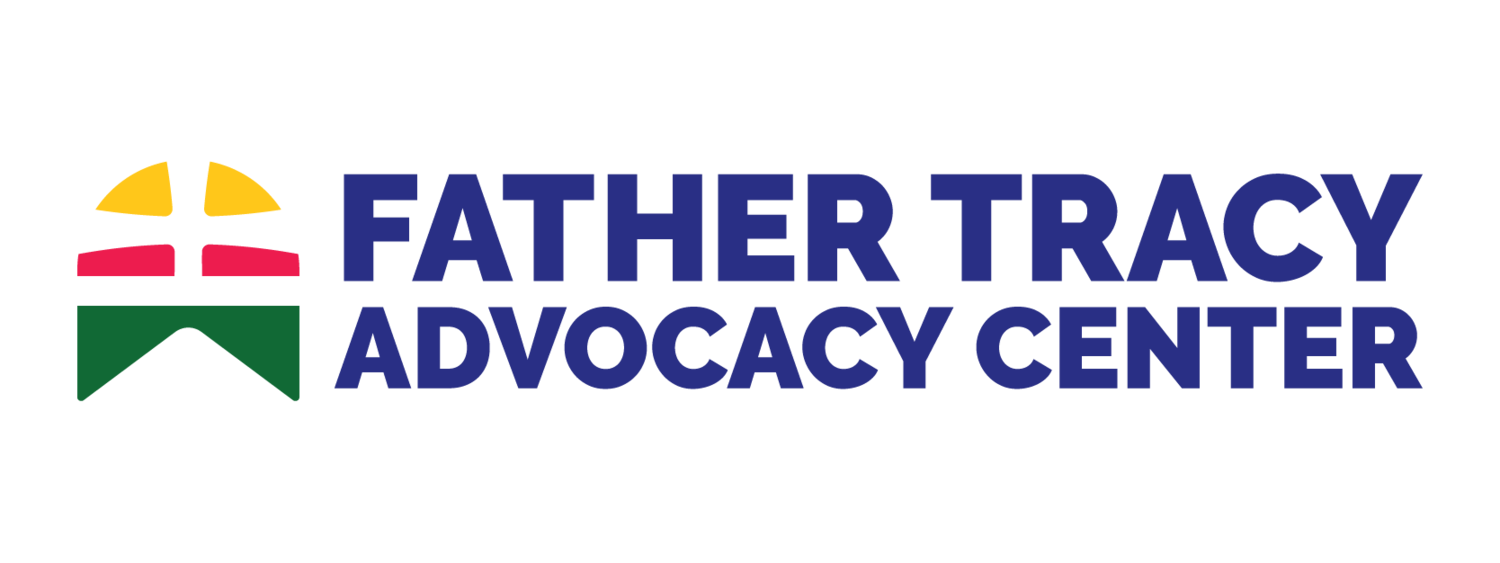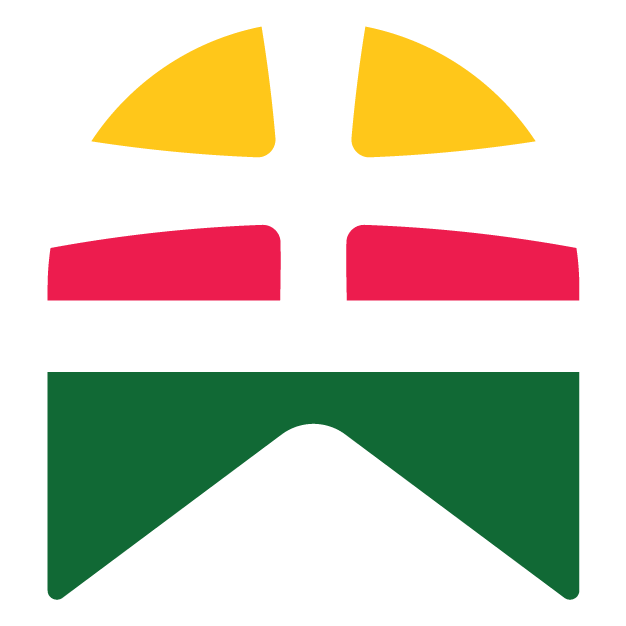Know anyone who does drugs? Share this with them…
Note: this blog post was originally written by FTAC intern Astghik Baghinyan on May 4, 2021.
Over the past 30 years, the number of overdose cases in the United States has increased from 20,000 cases a year to 70,369 in 2019. Many more suffered from substance use disorders and had non-fatal overdoses, which surely had social and emotional implications. These numbers keep on rising nowadays especially amid the Covid-19 pandemic. The opioid crisis was declared an epidemic back in 2017 by the U.S. Department of Health and Human Services, however, more effort needs to be put into advocacy and education (“What is the U.S. Opioid Epidemic?”, 2021). Although attempting to get into detox programs and successfully quitting addiction can be very difficult, informing anyone who uses drugs about available services is easy and can save their life. There are various programs put in place in New York State to address the crisis and we would like to list a little bit of information about each, hoping it will reach those who need it most.
Get Narcan!
Naloxone (Narcan) can reverse the overdose and put the individual in a state of withdrawal. Many pharmacies give out Naloxone WITHOUT prescription, although some insurances won’t cover it. If you use opioids or personally know anyone who does, try to learn more about Naloxone here, and try to find a participating pharmacy that gives it out without insurance in this directory.
Do you have insurance? If you do you can access Naloxone for free through N-CAP (Naloxone Co-Payment Assistance) program. Through this program, the state pays up to $40 of co-pay. Click here to learn more.
Don’t let them use alone!
As mentioned, Naloxone may save lives, but it will be worthless if nobody is around the person who overdosed to administer it. Stay connected with friends and family and check on them often!
If you can’t be there physically, tell them about the Never Use Alone hotline. The program will ask for essential information such as the first name and the exact location. Then, they will talk to the person while they are administering the drugs. In case they overdose, the program will send help immediately. The purpose is to save lives not to get people in trouble. Call 1 800 484 3731.
Call for help!
Call 911 if you or your friend need help. The Good Samaritan Law will protect the person who overdosed and the person who called. Make sure to learn about all the aspects of the law through the website. Again, the purpose is to save lives, not get people in trouble.
And Finally, Come to FTAC…
Father Tracy Advocacy Center has been established to become the hope of recovery for our community. Substance abuse, specifically, opioid addiction and overdose are the most prevalent issues that North Clinton Avenue community faces. Considering the necessary conditions for successful recovery, FTAC helps affected populations not only get access to detox programs but also to housing, food, and jobs. Click here to find out more about our services, or call us at (585) 563 – 7008.
References
What is the U.S. Opioid Epidemic? U.S. Department of Health and Human Services. (2021). Retrieved 12 March 2021, from https://www.hhs.gov/opioids/about-the-epidemic/index.html.

